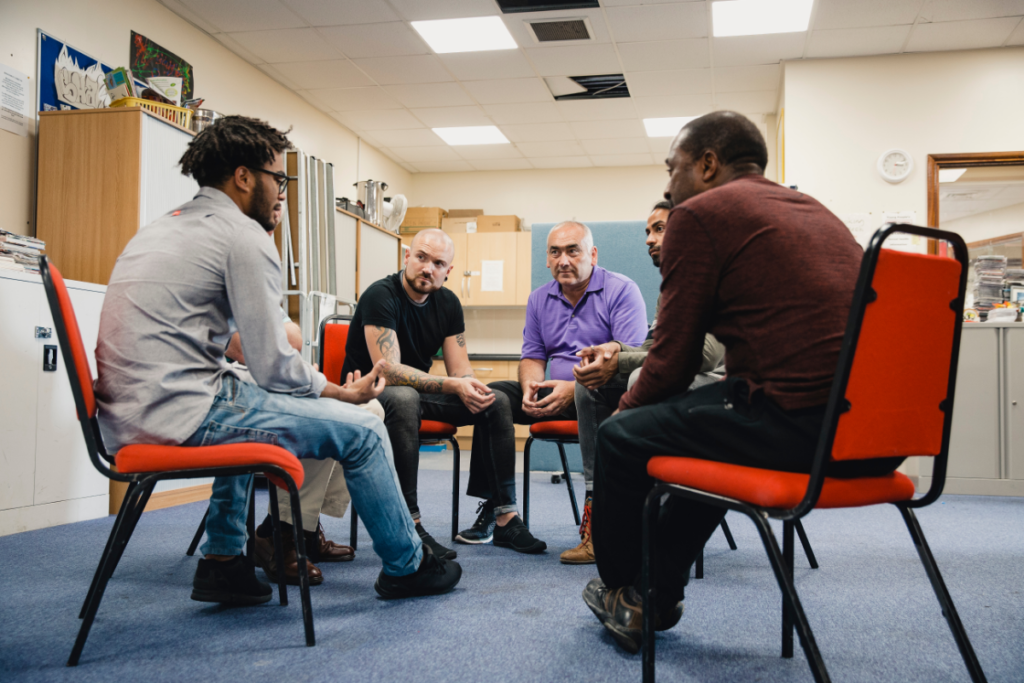
Understanding the Importance of Aftercare in Addiction Recovery
Many people mistakenly believe detox and rehab are a cure for addiction. With that in mind, they don’t take advantage of an aftercare or extended care program after leaving rehab. Considering the high potential for relapse after rehab, their decision to “go it alone” can have terrible repercussions. This is one reason many people succeed in recovery while others don’t. It also highlights the importance of aftercare in addiction recovery.
When someone relapses, feelings of anguish, shame, and guilt can be overwhelming. In many cases, the individual continues their substance use because they see themselves as having failed in recovery. Sadly, this happens far too often. However, relapse doesn’t mean failure on the person’s behalf. And, it doesn’t mean the treatment program didn’t work. It simply means the individual needs to get back on track, maybe do a little more time in rehab, and not give up.
Aftercare Helps a Person Transition from Rehab to Reality
Rehab facilities offer patients a secure, comfortable environment. They enjoy companionship, support, guidance, healthy meals, and more. But, who will provide those things for them when they step back out into the real world? This question can weigh heavily on a recovering person’s mind and creates added stress and self-doubt.
One way to avoid those anxious feelings is to participate in an aftercare program, especially in the early days of recovery. For that reason, many rehab programs work with their patients to establish an aftercare plan before the person leaves treatment. This is a good way to ensure the patient gets continued support and guidance during their attempts to rejoin society.
Accepting personal responsibility for your own sobriety in a world filled with temptation can be a scary thought. That’s why aftercare programs are highly recommended for all individuals who are embarking on a new, sober lifestyle. The programs provide assistance and support in several ways. Let’s take a look at why aftercare is an important aspect of addiction recovery.
Different Types of Aftercare Programs
Reestablishing one’s place in society after rehab can be overwhelming at times. Finding a job, reuniting with family and friends, or going back to school can seem like a lot to accomplish. Of course, the coping skills and life skills training learned in rehab can help. But, sometimes a personal contact is needed as well. So, here are some of the aftercare programs that help people adjust to sober living:
- Group meetings. It’s important for a person in recovery to keep in touch with like-minded people. One way to stay connected is through group or self-help meetings such as NA, AA, Smart Recovery, or others. The regularly scheduled meetings provide a sense of structure and give participants an opportunity to share tips and support each other.
- Sober Living Homes. Also known as halfway houses or recovery houses, they offer a structured, drug-free environment. Residents are required to attend school or work and must adhere to curfews and contribute to daily chores. These homes are an ideal option for those who don’t have family or another support structure to help them transition.
- Outpatient Programs. These programs offer treatment for people who are struggling with addiction but must continue working and caring for their families. But, they are also beneficial for people who have completed treatment but still need counseling and therapy to help them manage triggers. Counselors stay apprised of the person’s progress, make follow-up phone calls, and seeks to address issues before they get out of hand.
- Alumni Programs. Many rehab facilities hold weekly or monthly events for former clients. Everyone has an opportunity to participate in telling their story about addiction and recovery. These events are a great way to gain support and motivation from others. The facility may also provide online support groups through email, message boards, or social media.
These programs offer assistance finding employment, finding sober community activities, and locating self-help groups or sober living homes.
How Long Will an Aftercare Program Last?
Aftercare programs don’t have a set time limit. They are based on each person’s specific needs. Some people remain in an aftercare program for a few weeks or months, while others may continue in the program for a year or more. However, most addiction treatment specialists recommend remaining in the aftercare program for at least one year.
Of course, as a person progresses in recovery their situation will change, so the program can be modified to adapt to those changing goals or needs.
What to Expect in an Aftercare Program
The goal of an aftercare program is to help a person develop the discipline and habits that are needed for maintaining a sober lifestyle. Some of the elements of an aftercare program can include:
- Group or individual counseling
- Relapse support sessions
- Voluntary drug tests
- Household chores
- Mandatory curfew
An aftercare program is not intended to make clients feel restricted. Instead, it seeks to create a balance between structure and freedom. The main goal is to allow individuals time to build confidence and strength before going out into the world where temptations lurk around every corner.
Addiction Treatment and Aftercare at Cycles of Change Recovery
At Cycles of Change Recovery, we offer a customized approach to treatment that can address your unique needs. We understand the complexities of addiction and have developed a comprehensive program that focuses on the physical, psychological, and spiritual aspects involved in substance abuse. Our goal is to provide lasting recovery for each of our clients.
If you are experiencing problems with substance abuse or addiction, we can help you end the struggle. Our extended care or aftercare program can provide the stability you need during the early days of recovery.
To learn more about our programs, contact our facility in beautiful Palmdale, CA today, and begin your journey toward freedom from addiction.
Sources:
- ncbi.nlm.nih.gov/ – Continuing Care Research: What We’ve Learned and Where We’re Going

